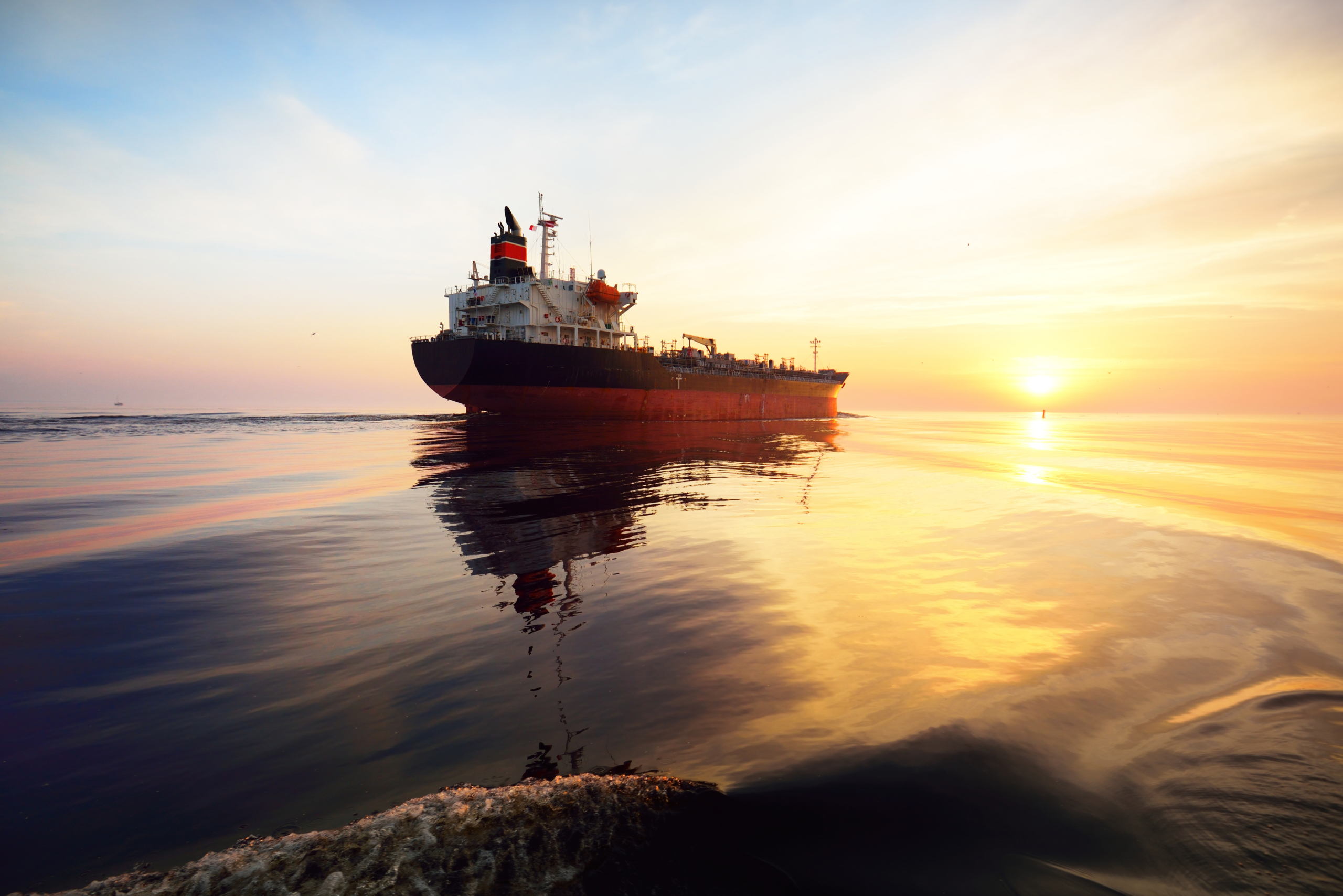A clearer view of the big picture

The shipping industry is in some ways, back where it was a decade ago. Uncertainty about what shape future environment regulations will look like and what impacts they will have on the market are already having tangible effects.
While the slowdown in new vessel contracting has been replaced by a rush to order tonnage with dual fuel propulsion or as much optionality as possible built in, there are still major question marks.
In the meantime the Pandemic has cast a cloud over the potential for business to operate as usual and the bounceback from the first wave of disruption has caused a supply chain crisis so intense that even the mainstream media has taken notice.
COVID-19 will continue to have an effect going forward but at the same time, owners and operators must once more try to determine their most effective path to regulatory compliance while continuing to maintain profitability.
Regulatory uncertainty remains the issue of greatest concern according to a recent poll conducted by Lloyd’s List. More than 45% of the respondents cited regulatory uncertainty as being the greatest risk to shipping businesses over the next five years, indicating a growing concern over the pace and uniformity of climate measures due to be imposed on the shipping sector.
This is only a small change from a year ago, when trade sanctions and regulation were listed as among the issues of biggest concern but the number of people naming regulation as a risk increased. The cost of compliance (as well as supply chain disruption) were the second and third highest issues of concern for owners.
Shipping has every reason to be worried, though perhaps the short term route forward is clearer than it believes. Even though the recent MEPC failed to agree on a commitment for net-zero greenhouse gas emissions from shipping by 2050, it did agree to look again at existing regulations.
These include the EEXI, which though onerous should not prove too much of a problem for compliance, and the Carbon Intensity Indicator (CII) which probably will. The MEPC’s commitment could see the requirements of the CII tightened further in future, presenting a headache for owners struggling to decide where to invest and how to make existing ships more efficient.
The longer term uncertainty revolves in part around when a carbon levy will be agreed, as well as the impact of the carbon price, when the EU’s Emissions Trading System is extended to shipping.
The Lloyd’s List poll results revealed a divided industry view on how quickly anticipated regulation requiring ships to decarbonise would emerge. While the majority of respondents believed that a carbon levy would be imposed on shipping by either 2025 or 2030, around 20% said they did not expect to see a levy until after 2035 and over 10% indicated it would not happen at all. A levy has been proposed as a way to raise the investment needed to meet the cost of renewable fuels, the midstream supply infrastructure and shipboard technology.
In the meantime, and with the 2023 implementation date for EEXI and CII drawing closer, the 2021 survey results highlighted a shifting attitude towards the urgency of making efficiency-related retrofits to existing tonnage and the payback of digital investments.
When asked in 2020 to rank the best investment opportunity for shipping a majority opted for digitalisation with efficiency retrofits in second place. Asked the same question this year the priorities have switched with a majority prioritising retrofits and fewer voting for digitalisation.
The change in responses suggests that as concerns have grown over the timeline of carbon regulation, the more immediate requirement to retrofit existing vessels has increased by more than the mid-term payback potential offered by some digital investments.
Many observers believe the two are indivisible, since investment in energy efficiency measures can only be benchmarked by increasing the digital tools available to seafarers and fleet managers.
Michael Parker, chairman of shipping and logistics business at ship finance bank Citi told Lloyd’s List that “retrofitting is going to be by far the most important capital expenditure up until 2050”.
According to Mr Parker, COVID-19 has catalysed action this year and demanded a reassessment of priorities for many in the industry. He also suggests that the pace of change is accelerating across the industry and those not prepared to address the decarbonisation issue will increasingly be at risk.
This realisation has spurred increased interest in green finance, where lending is to some extent contingent on the technology applied the promised savings. Specialists have sprung up to help owners understand which technologies can support cleaner operations and qualify for this funding.
Even though MEPC failed to replicate the kind of grand statements made at COP26, the industry should not be too confused about the industry’s direction of travel. Regulation will continue to increase, only the timing is uncertain. And as Parker warns, there is no choice but to invest in lower carbon solutions. “If you’re not a first-mover, or very close to being a first mover, you could get left behind and indeed left out the future of this industry.”


